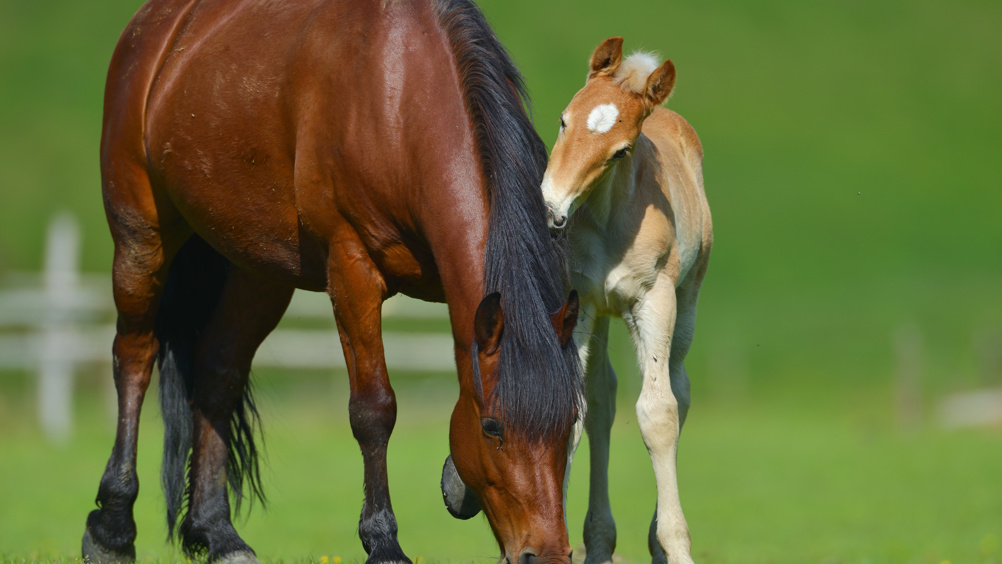References
The developmental behaviour of foals and its relevance to husbandry, part 2: weaning

Abstract
The veterinary team plays a key role in providing help and education to breeders. Weaning is a critical time in the foal's life and is likely to have a significant impact on their future behaviour and resilience to stress. This article is the second of two applying the research on foal behavioural development to good practice in the management and training of foals. This article examines the evidence surrounding weaning practices and provides a guide to best practice with the resources available to the veterinary team and the horse breeders they work with.
Vets are highly regarded sources of reliable, evidence-based information and advice, the aim of which should be to summarise findings and practical applications of the most up-to-date research. Artificial weaning differs from that of free ranging, naturally living horses. Finding a balance between meeting the needs of the breeding operation and working with the natural adaptations of horses to safeguard their welfare is best guided by the available evidence base.
Weaning has been repeatedly found to cause large increases in stress in the new weanling, with negative impacts on their welfare, and a large panel of equine scientists and vets have deemed it the single most stressful intervention in a horse's life (McGreevy et al, 2018). With increasing recognition that horses' experiences impact their welfare status, when and how foals are weaned is important in order to protect their welfare. It is increasingly considered that the balance of the horse's experience should be weighted towards the individual having positive experiences and being able to successfully predict and overcome negative experiences (McGreevy et al, 2018).
Register now to continue reading
Thank you for visiting UK-VET Equine and reading some of our peer-reviewed content for veterinary professionals. To continue reading this article, please register today.

